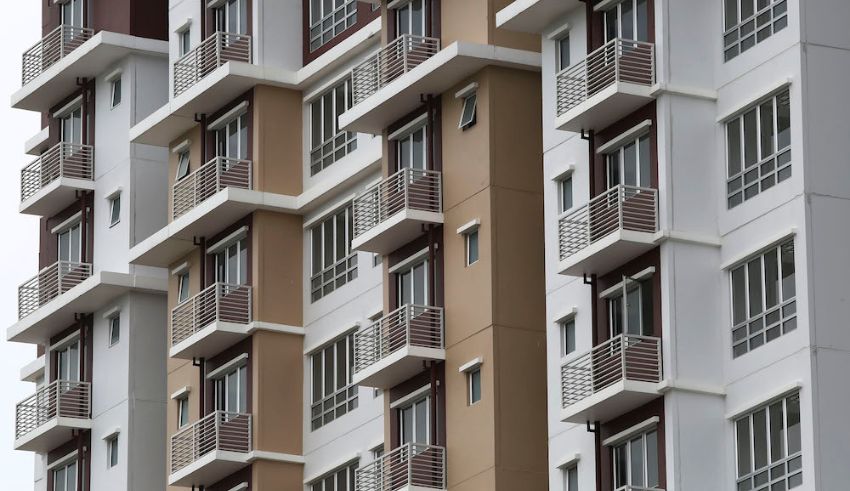
Malaysia’s rich tapestry of cultures is celebrated worldwide, where Malays, Chinese, Indians, Orang Asli, and many ethnic groups share a harmonious existence. Yet, beneath this vibrant mosaic, a shadowy issue threatens to unravel the fabric of unity: rental racism.
In recent times, rental racism, a practice that discriminates against tenants based on their race, has emerged as a troubling concern. The plea of a newlywed couple for housing equality, shared on Free Malaysia Today last month, has ignited fresh debates about this deeply-rooted issue.
The Race Issue
While Malaysia boasts laws and policies to promote racial harmony and integration, the world of landlord-tenant relations has been left largely uncharted. Discriminatory practices continue unchecked, leaving the pledges of politicians unfulfilled.
Ron Jeyathurai, a Klang Valley resident for over 15 years, has borne witness to the insidious nature of rental racism. He candidly reveals, “Malaysian landlords can be overtly discriminatory. Online rental ads often specify gender and racial preferences, some even brazenly stating ‘no Indians wanted’.” Homeowners have been known to pry into a tenant’s financial stability or demand additional security deposits solely based on their ethnicity.
Yet, one incident stands out as particularly shocking. A landlord insisted that a prospective tenant, solely because he was Indian, obtain a certificate of good conduct from the police—a requirement usually reserved for visa applicants.
Racial discrimination in the housing market isn’t always blatant. UX writer L. Suganya observes that, post-COVID-19, it has taken subtler forms, cloaked in seemingly harmless language. She points out, “Allowing one bad experience to shape your perception of an entire group is textbook racism.”
Suganya acknowledges, though, that not all corners of Malaysia’s rental market are marred by discrimination. In certain areas, the process is relatively smooth. “Interestingly, telling them I work at a bank seems to help,” she adds with a hint of irony.
Nevertheless, the problem persists, and foreign nationals in Malaysia face discrimination and even scams. The consensus among many is that action must be swift.
Keep Reading
New Laws Established
The proposed Residential Tenancy Act (RTA), championed by former housing and local government minister Zuraida Kamaruddin in 2019, was envisioned as a sweeping law to regulate housing, control rental rates, and establish a tribunal to address disputes. Crucially, it aimed to obliterate discriminatory rental policies. However, the RTA remains trapped in the drafting stage, with uncertainty clouding its coverage.
Ryan Chua, the program director of anti-discrimination non-governmental organization Pusat KOMAS, believes that time is of the essence. He highlights the burgeoning racism and xenophobia in Malaysia’s housing market. Instances of apartments displaying banners rejecting specific ethnicities and neighbors pressuring others not to rent to “undesirables” have become disturbingly commonplace.
Chua emphasizes that the RTA must leave no room for discrimination. Drawing inspiration from international legal frameworks like the United States’ Fair Housing Act 1968 and the United Kingdom’s Equality Act 2010, which prohibit discrimination on various grounds, including race, he advocates for a robust tribunal system.
“People should not endure years in court battles for shelter. Housing is a basic human right and should be accessible without undue stress,” Chua asserts, underlining the need for tenants to have a straightforward path to challenge landlords on various disputes, particularly those rooted in discrimination.
As Malaysia grapples with this complex challenge, the nation’s multicultural harmony faces a profound litmus test. The resolution of rental racism transcends legality; it speaks to Malaysia’s unwavering commitment to nurture unity in the midst of diversity—a commitment etched into the very soul of this remarkable nation.


























